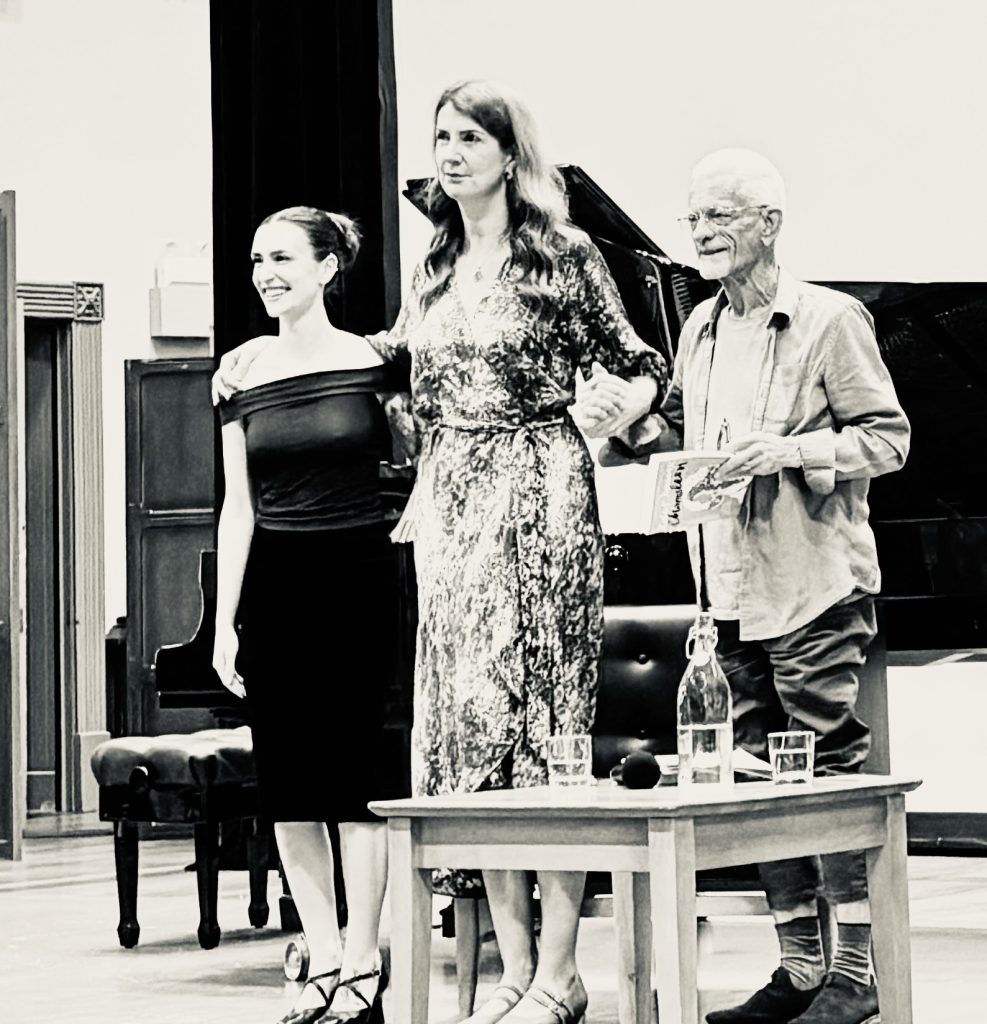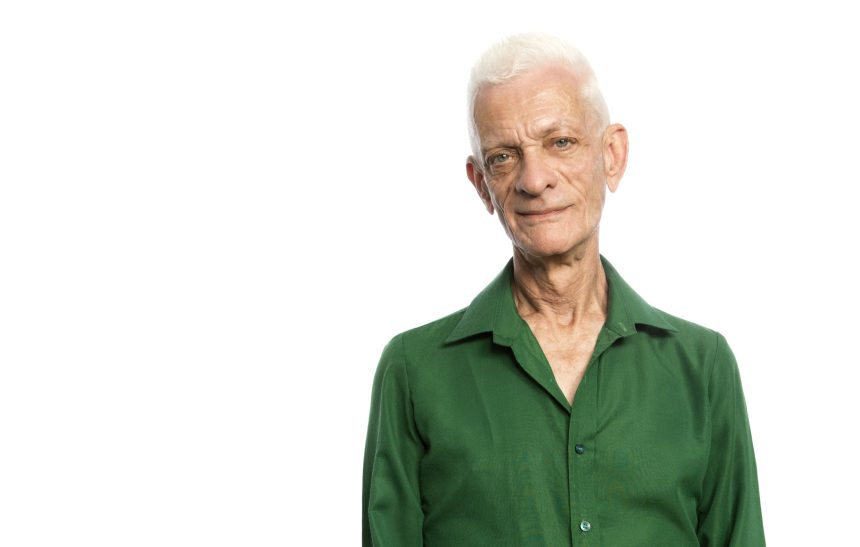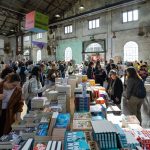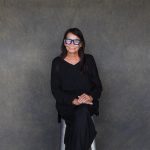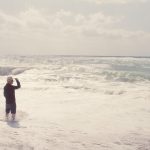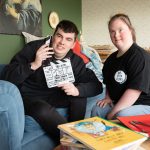Robert Dessaix’s Chameleon is out now. It’s a turn-paging performance of self-revelation—and an intimate look at how our identities shift over time.
In the book, Dessaix explores the kaleidoscope of identity: from his beginnings as an adopted child named Thomas Robert Jones, to his youthful interest in religion, his fascination with Russia, marriage and divorce, and the travels that transformed him. In North Africa, he discovers new ways of being, and in Australia, he begins a lifelong partnership with Peter Timms. Throughout, he muses on art, literature, sex, infatuation, music, happiness, and mortality—always seeking that elusive mix of wisdom and love.
We chatted to Robert to get all the irresistible scoops and what’s bothering him about modern day travel.

Chameleon is about what makes a good life. What’s your absolute favourite memory—the one that makes you say, “That was the most fun I ever had”?
Robert Dessaix: Going up into the Kush mountains in Ladakh, northern India, at about 18,000 feet, among glaciers and rocks and marmots—those little creatures that pop their heads up. It was dangerous because the road had no barriers, so if you went over the edge, that was it. As you descend, you catch sight of Buddhist temples gleaming in the valley below. The Dalai Lama spends time in Leh at the base of those mountains. It was risky and thrilling.
I would say living in Paris in the 1970s recreated me in a way London or New York never could.
Of course, meeting my partner 43 years ago is a standout memory, too. It was in Sydney—he lived beside those steps leading from Victoria Street down to Woolloomooloo. We met through an ad in a magazine; you paid a couple of dollars, got someone’s address, wrote a letter, and so on. Eventually, we had lunch, and that changed my life. After loneliness, a divorce, and a crush that went nowhere, I found a different kind of happiness—emotional, not purely erotic—and it’s lasted ever since.
That sounds like a good lunch. Did you order a bottle of champers?
RD: I’ve never had a glass of wine in my life, nor tried any drugs. Once at Melbourne Airport, a sniffer dog thought I was carrying marijuana, which was absurd because I’m the last person who’d ever touch it. They still had to do their job, but it was quite hilarious.
Who, apart from us, has made you laugh the most over the years?
RD: As you grow older, you don’t laugh as often as you did when you were young. I enjoy things, but I sometimes think the days of rolling on the floor with laughter are fewer. It might be the times we live in—there’s a lot in the news that’s bleak, and it’s harder to feel carefree.
Do you have a modern hero, perhaps an activist or politician you admire?
RD: Honestly, no. I don’t think the focus anymore is on what someone can contribute to humanity. When I was little, my mother thought Gandhi was inspiring, so I wrote him a letter. But now, I struggle to name anyone with that kind of impact.
You’ve travelled extensively and there’s lots of travel tales in the book. Which places do you always love to go back to?
RD: India and North Africa. I’ve travelled all over India—Rajasthan, Tamil Nadu, the mountains in Ladakh, Darjeeling near Sikkim. I first went to Nepal in 1965 when there was hardly anyone there. It’s changed hugely. The same goes for Morocco and Tunisia. I loved Oman, too, though I never got to the south because COVID complicated things. Europe can be challenging now because there are so many people. Getting into the Sistine Chapel requires booking ages in advance, along with a million other people.
Music has become a big part of your life. What do you love to listen to?
RD: I’m into Beethoven and Bach. And I adore American musicals. Seven Brides for Seven Brothers, West Side Story, The King and I, South Pacific, and Chicago. I love all of those: the lyrics are clever and sexy, and full of double meanings. I’m not into big modern pop spectacles that cost millions and make people rich. Give me Cole Porter over Taylor Swift any day. Catherine Zeta-Jones in Chicago is a genius. Taylor Swift can’t dance like that, nor can Kylie Minogue!
YouTube is a godsend. We play classical concerts from all over the world almost every night. Everything is so accessible it’s wonderful.
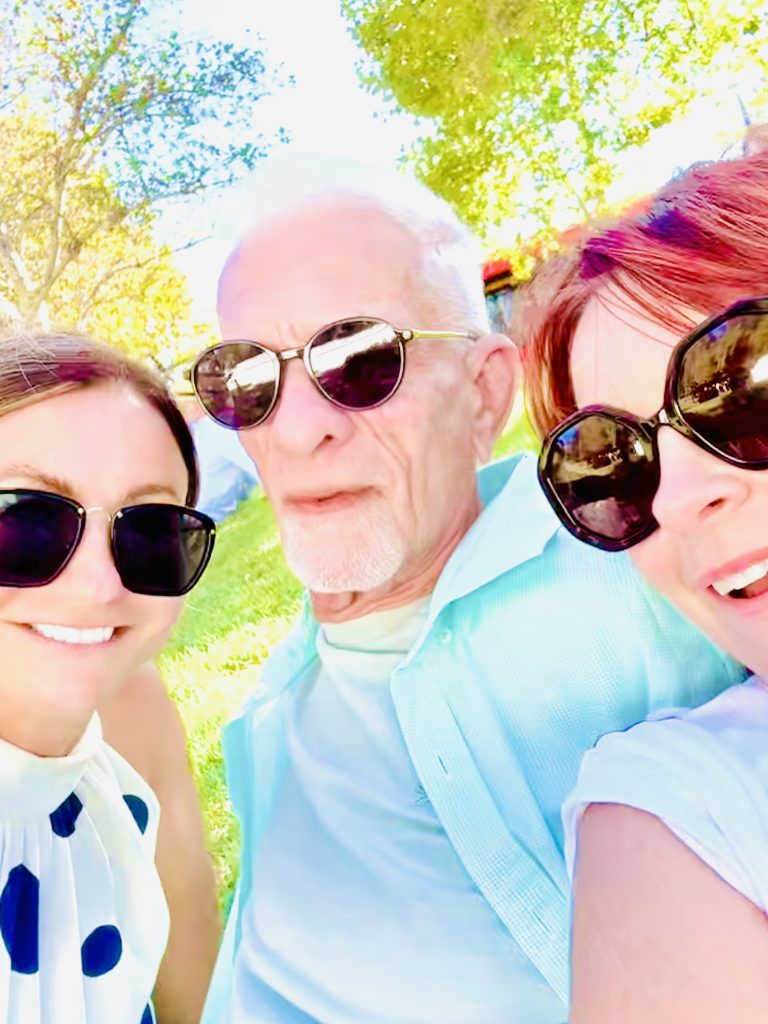
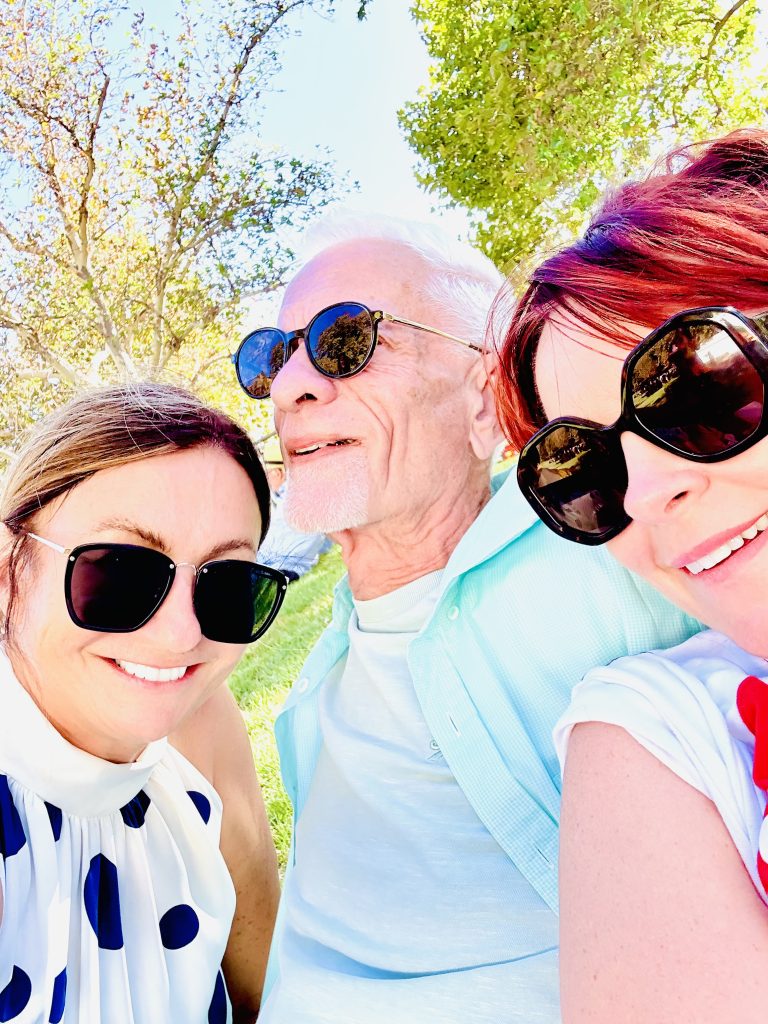
How do you picture your audience? Who’s your typical reader?
RD: I’m mostly read by women who’ve lived a bit, often with grown children. They’re the ones who line up to have their books signed, who say they’ve been reading me for years. Men aren’t generally interested in me. I don’t know about you Irresistible journalists – you don’t look like you’ve suffered enough! You look too young and fabulous.
We’ll take it. What advice would you give to a 15- or 16-year-old who wants a life like yours?
RD: If you live in the arts, don’t try to change the world. That might be more for politics. In the arts, create something beautiful. That’s what endures—beauty and happiness. Ideological correctness changes every few years, but beauty is timeless. Aim for a thick life, a dense life. If you focus on massive social change, you might end up frustrated. One friend of mine collects leftover food for an organisation that cooks and distributes it to people who need it. He’s not changing the entire system, but he’s living richly—splitting his time between France and Australia, reading, doing good work. That’s a full, thick life.
What was your favourite job or working environment?
RD: Working at the ABC on my literary program, which went nationwide weekly. The ABC funded proper interviews. If I needed to go to Brazil to speak with someone, they’d send me. It was exhilarating. That level of support doesn’t exist anymore.
What do you miss most these days?
RD: Simplicity. And being able to contact companies easily. If I wanted to fly to Perth years ago, I’d call TAA, someone would answer within seconds, and I’d book a ticket. Now, it can take all day navigating websites. I’m sure it’s easy for others but not for me! Yesterday, I lost my wallet on a flight and couldn’t even phone Virgin directly. Someone had to drive to the airport to sort it out!
